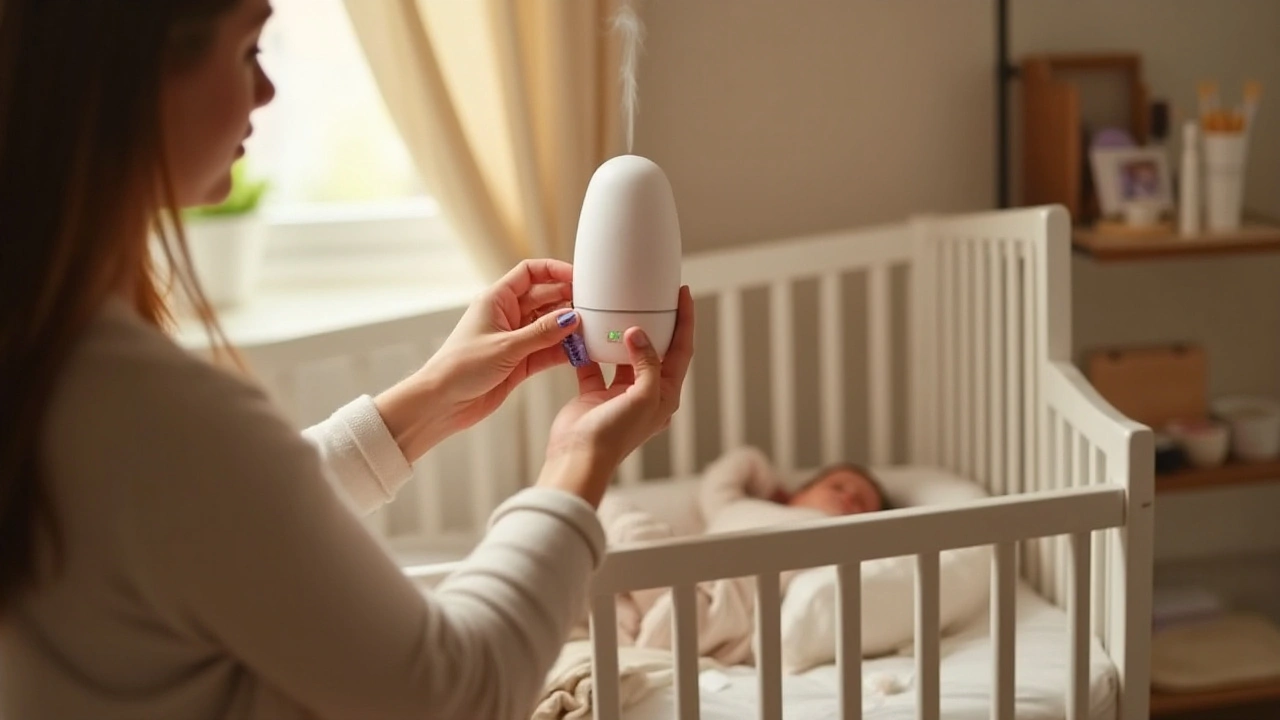Infants (Puppies): Simple, Practical Steps for a Healthy Start
The first weeks of a puppy’s life set the tone for health, behavior, and bonding. Small choices—how you feed, warm, handle, and check a pup—make a big difference. This page gives straightforward, usable tips you can start today.
Feeding, warmth, and basic care
Newborn puppies need frequent feeding and steady warmth. If the mother is present, watch that each pup nurses and gains weight daily. If bottle-feeding, use a puppy formula at body temperature and feed every 2–3 hours for the first week. Weigh pups each morning on the same scale; steady gain means things are on track. Keep their nesting area at 85–90°F (29–32°C) for the first week, then lower it gradually. Use a warm pad wrapped in a towel—never put a pup directly on a hot surface.
For toileting, very young puppies often need help. Gently rub the genital area with a warm, damp cloth after feeds to stimulate elimination until they can go on their own. Avoid baths in the first few weeks unless absolutely necessary; dry pups quickly and keep them warm.
Gentle massage, handling, and early socialization
Light massage helps circulation, digestion, and bonding. Use soft, short strokes along the back and sides—no deep pressure. A two-minute session after feeding can calm a pup and help with digestion. If you’ve read about canine massage techniques, stick to gentle, slow moves and stop if the pup resists.
Handle puppies daily but keep sessions short and calm. Let them feel different textures, quiet household sounds, and gentle human touch. Brief, positive handling helps prevent fear later. Avoid loud noises and overstimulation; short, happy exposures are better than long, stressful ones.
Watch behavior and basic health signals. Normal pups sleep a lot, cry when hungry or cold, and nurse eagerly. Check for steady breathing, warm paws, and a soft belly. A dry, tacky mouth or sunken eyes can mean dehydration. A quick skin-tent test (gently lift skin at the scruff) can show hydration—skin should settle back quickly. If a pup is weak, not nursing, unusually cold, or breathing fast or unevenly, call your vet right away.
Around 3–4 weeks start introducing moistened puppy food while still nursing. Use small, frequent portions and offer fresh water. Keep feeding gradual—sudden diet changes upset tiny tummies. Plan vaccinations and deworming with your vet’s timeline and follow their advice on weight-based dosing.
Provide a quiet, clean sleeping area with low edges so pups can’t fall. As they grow, puppy-proof the space: remove small objects, secure cords, and avoid places they can get stuck. Track growth, energy, and stool quality—these simple checks catch problems early and save stress later.
Stick to these basics—warmth, steady feeding, calm handling, gentle massage, and quick health checks—and you’ll give infant puppies the strongest start possible.

Aromatherapy for Infants: Safe Practices and Benefits
Aromatherapy has been praised for its soothing and calming effects, but is it suitable for infants? This article explores the safety and potential benefits of using essential oils for babies. It provides guidance on how to select safe oils, application methods, and precautions to take. Discover insights and practical tips for introducing aromatherapy into your little one's routine.

Unveiling the Magic of Shiatsu Massage
Sep, 28 2023

10 Things You Didn't Know About Hammam
Sep, 7 2023


